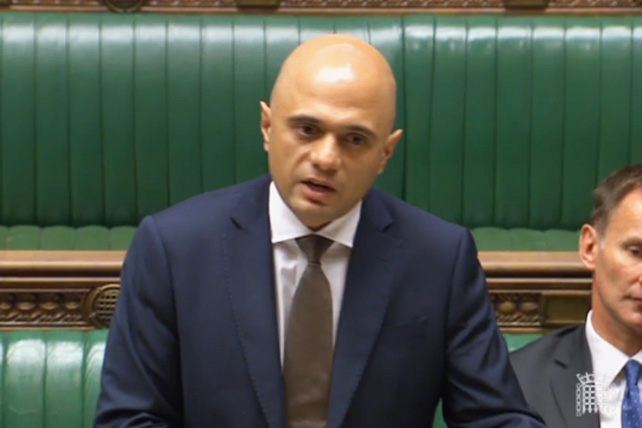A new parliamentary report has recommended several options for modernising France’s penal process, including the decriminalisation of all drug use, but the government has yet to decide on the matter.
Two assembly members (AM) – Eric Poulliat AM from the governing centrist party En Marche, and Robin Reda AM from the centre-right Republicans party – were commissioned by the government through the National Assembly Laws Commission to study France’s drug policies, and recommend changes that could alleviate strain on the country’s criminal justice system. Unusually, despite authoring the report together, the two AMs diverged on their recommendations for legislative reform; thus, they settled on suggesting the government choose between two options for responding to personal drug use and possession.
- AM Poulliat proposed that someone found possessing drugs must face a fixed fine of between 150 and 200 EUR (£132 – £176). If a person does not pay the fine within an allotted time, they will face criminal prosecution. This approach would also leave it to the individual police officer's discretion to decide whether to criminally prosecute someone.
- AM Reda proposed that personal drug use and possession should be legally downgraded to a non-criminal offence (“la contravention”), thereby ending the possibility of prosecution. Someone found in possession of drugs would face a fine, and the amount they would be required to pay may increase upon subsequent possession offences, but criminalisation would never be an outcome; in other words, the decriminalisation of personal drug use and possession.
While many news outlets are describing the report as focusing solely on cannabis decriminalisation, the legislative changes proposed would in fact affect all currently illegal drugs. Benjamin Jeanroy – co-founder and head of drug policy at French “action tank” reform organisation ECHO – told TalkingDrugs that "Drugs laws in France do not differentiate between illicit substances. There is no legislative distinction between cannabis and any other drug, so the report cannot create a specific way to deal only with cannabis. The fact that the recommendations would affect the law around all illegal drugs is probably the most crucial part of this report."
French law says that drug possession for personal use can be punished by up to 10 years in prison, or with a fine of up to €7.5 million (£6.6m). However, such extreme punishments are rare, and possession convictions often result in far smaller fines or warnings. Nonetheless, individual officers have a broad discretion in how to handle drug offences – and French police have been accused of discriminatory tactics, particularly towards people of colour, in this regard. If either of the new recommendations were followed, there is little to suggest that the alleged police discrimination for drug offences would be reduced.
Jeanroy told TalkingDrugs that Poulliat’s recommendation in particular, rather than reducing the harms of drug policy, risks a continuation of “the discrimination in the criminal justice system, because the same people will continue to be arrested and harassed because of drug consumption and possession – particularly youth from impoverished neighbourhoods. [Poulliat’s proposal] will initiate a renewal of tensions between these populations and the police forces”.
The goal of both proposed reform recommendations is to decongest the criminal justice system – not to alleviate the harms of criminalisation upon people who use drugs. Robin Reda claimed that reducing the number of people being prosecuted for drug use would allow police and courts could focus on the “fight against trafficking”.
“We have to mobilise our police, our law enforcement, and justice in the search for all distribution channels: from the small street dealer to the head of the network”, he insisted. “These people must be brought to justice and eventually sent to prison. It is the evil that is eating away at a number of our cities.”
The report comes as President Emmanuel Macron’s government prepares to undertake an overhaul of the country’s criminal justice system, of which drug policy is an integral element. Macron had backed cannabis decriminalisation prior to being elected, although his current position on broader drug law reform is unclear. In his 2016 book Révolution, he specified that the “regime of contraventions [non-criminal offences] would be sufficient to sanction [cannabis use]”. His interior minister, Gérard Collomb, claimed in May 2017 that cannabis would be downgraded to a non-criminal offence within a few months – although that reform never materialised.
The full report will be presented to the Commission of Laws for consideration on January 24, and one of the two recommendations may be integrated into the wider government penal reform legislative project, set to be reviewed by the Parliament in Spring 2018.


